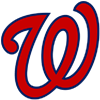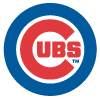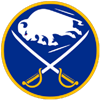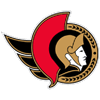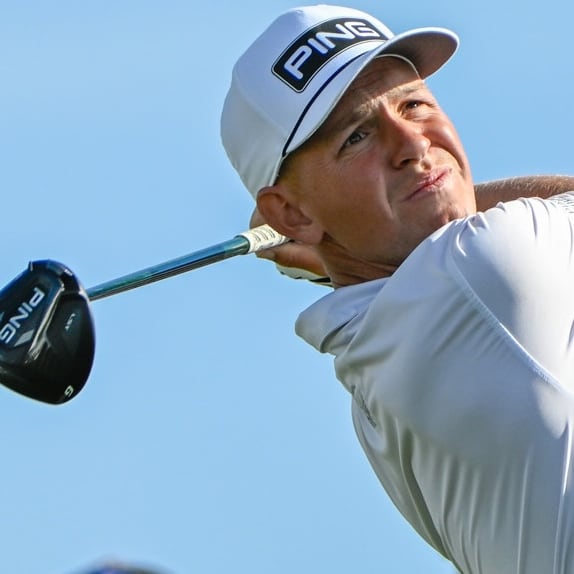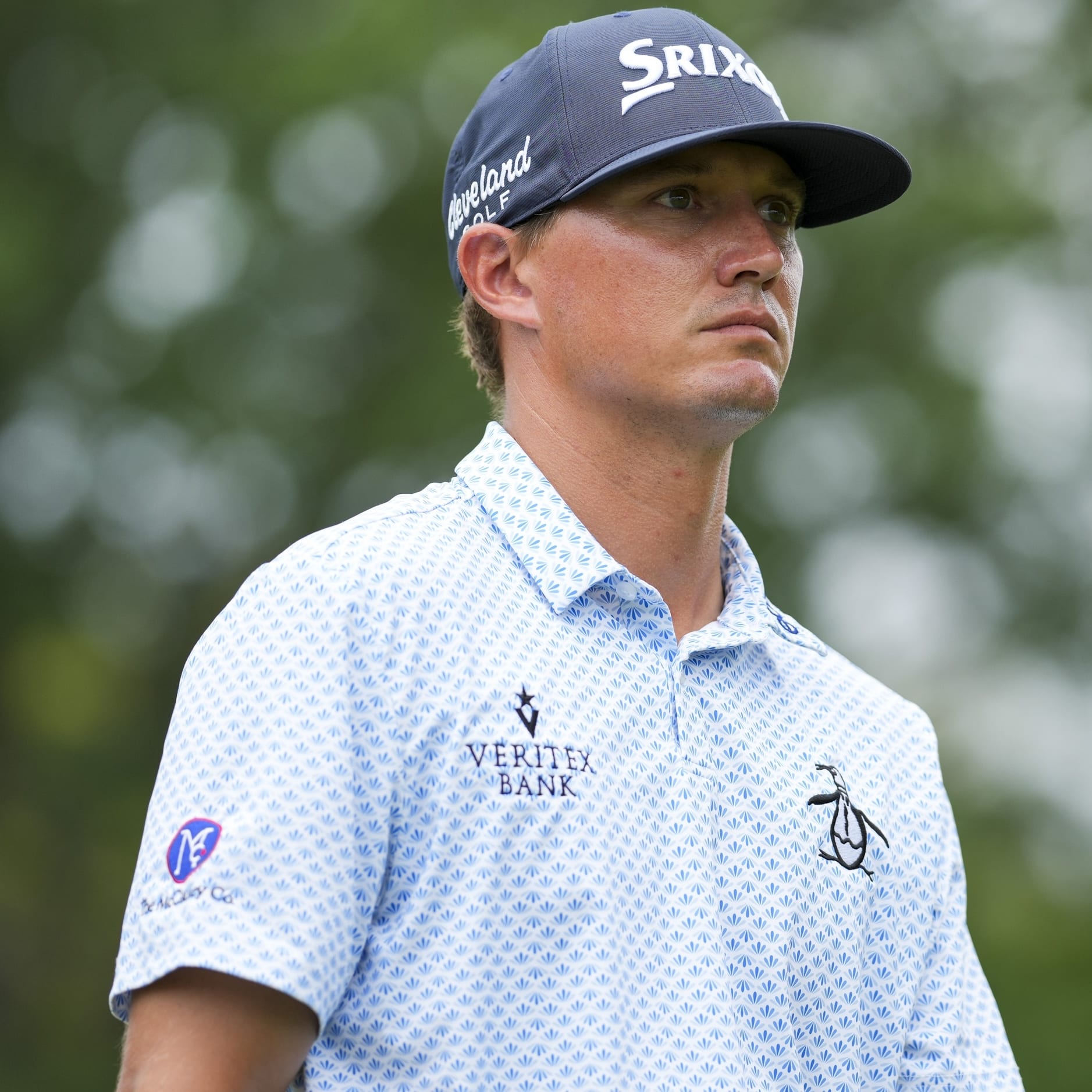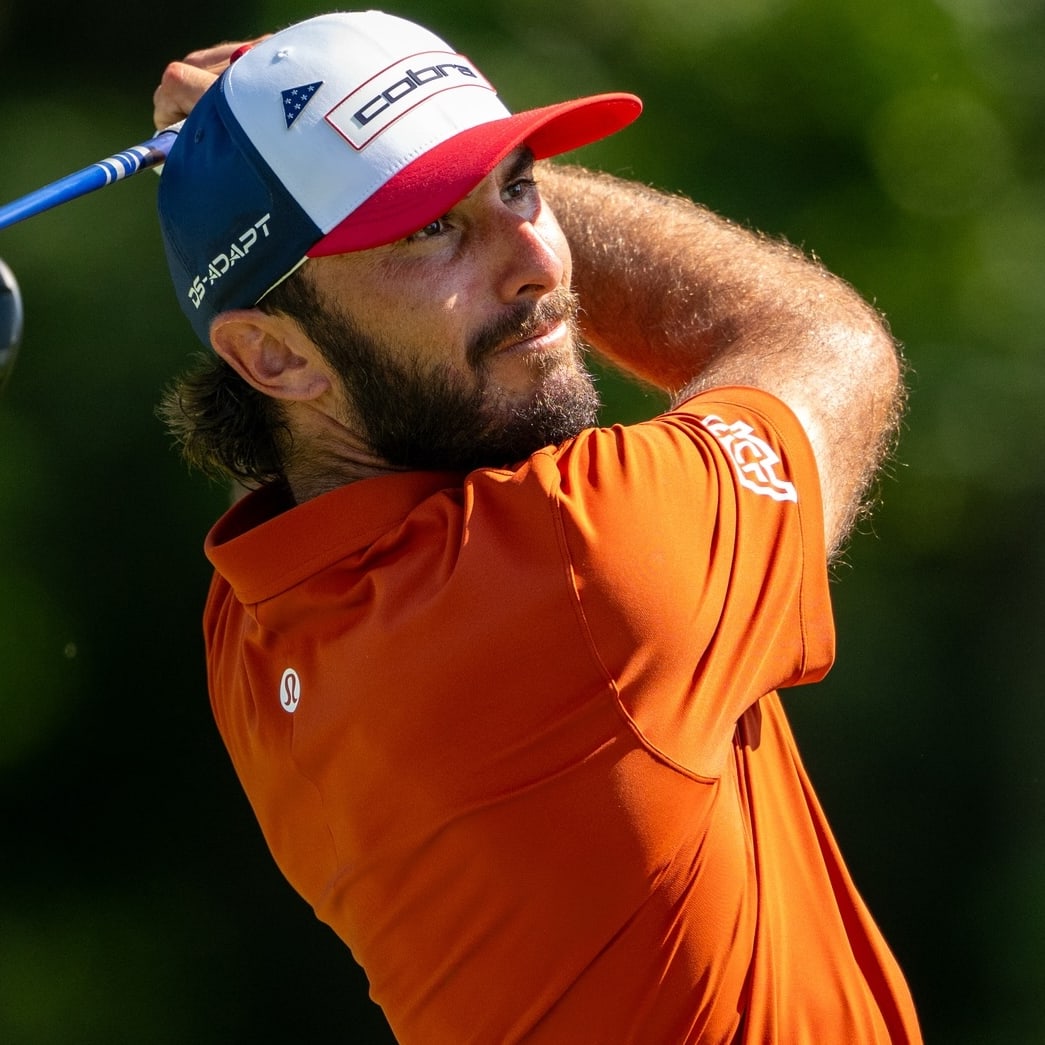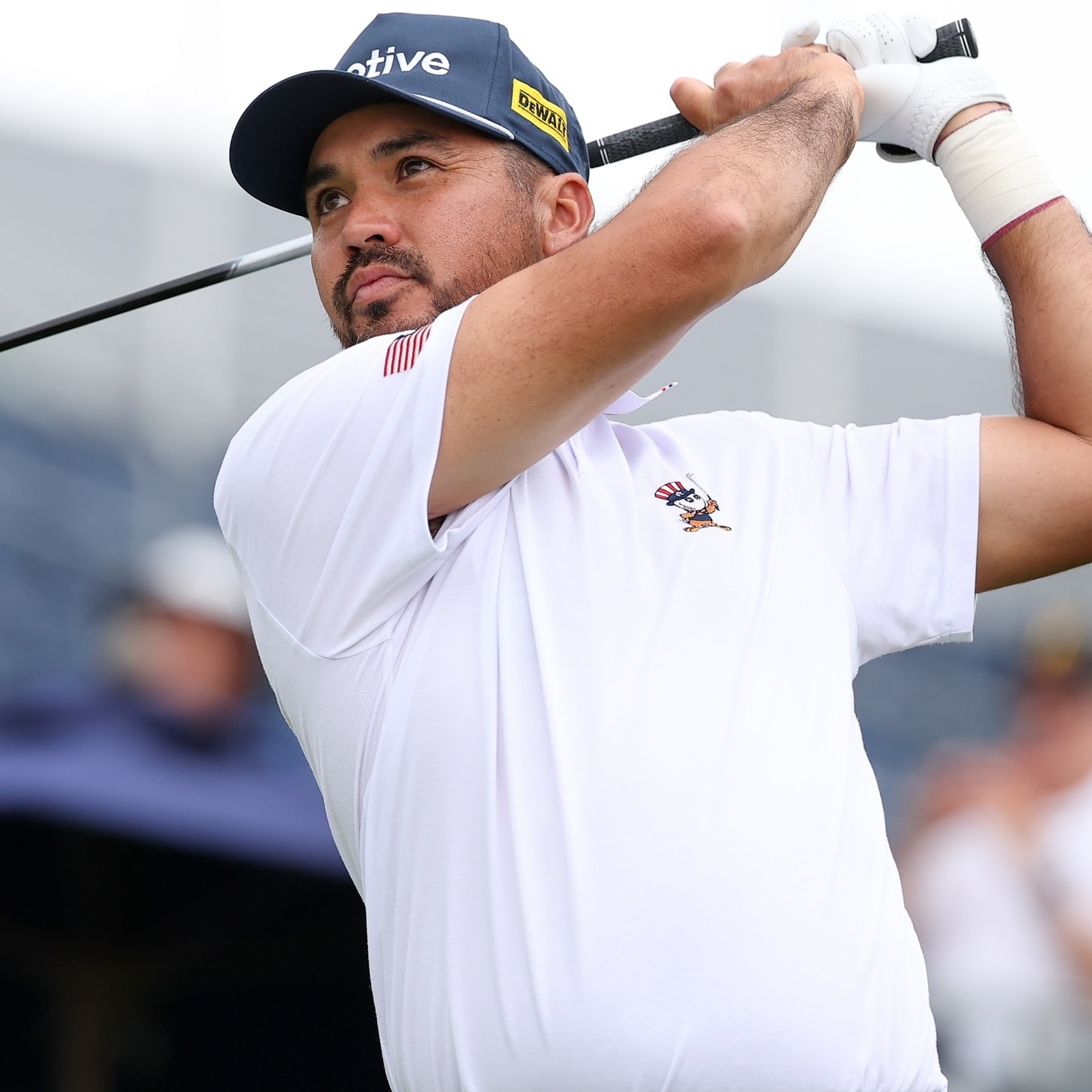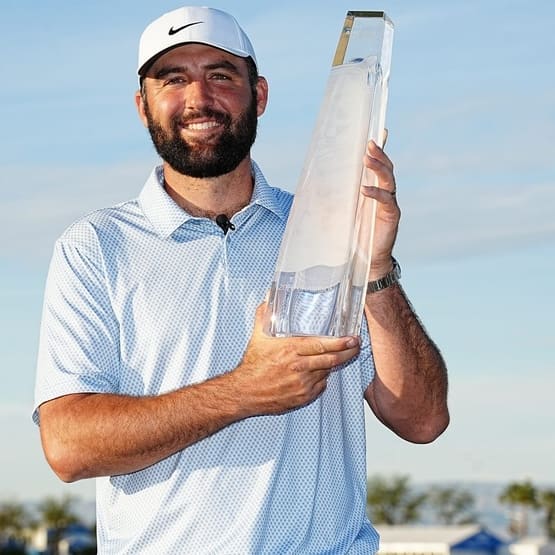WGC-DELL TECHNOLOGIES MATCH PLAY
Purse: $10.5M
Winner's Share: $1.82M
FedEx Cup Points: 550 to the Winner
Location: Austin, Texas
Course: Austin Country Club
Yardage: 7,108
Par: 71
2020 champion: None
Tournament Preview
For years, this was a dark week in fantasy golf. Always stroke play, never match play. Then in 2018, DraftKings began providing games for the WGC-Match Play for the first time, eliciting joy from Golf Twitter. DraftKings opened up a whole new world of fantasy golf strategy. Since this is a once-a-year event, and it wasn't even played last year because of the pandemic, let's begin by detailing how the games work, because DraftKings will score it differently than your standard stroke-play tournament.
We still pick six golfers and use a $50,000 salary cap. But scoring will be based on holes won, halved and lost. Here's how it shakes out: Golfers get 3.0 points for a hole won, 0.75 points for a hole halved and negative-0.75 points for a hole lost. So, just as in DFS stroke play with birdies and bogeys, winning a hole is far more beneficial than losing a hole is penal. Further, golfers will get 1.6 points for holes not played if they win a match early, 5.0 points for winning a match and 2.0 points for halving a match. Lastly, a streak of three consecutive winning holes nets five bonus points, with a maximum of one per round. Should a golfer go an entire match without losing a hole, he lands a hefty 7.5-point bonus. That's the crux of it, and you can find out more by clicking here.
As we can see, there is a lot to be gained from a blowout, and when golfers take risks that pay off -- and, in turn, gamers take risks that pay off -- the benefits are significant. Last week at The Honda Classic, conservative play -- bogey avoidance -- was imperative. This week, we do a 180, and flag-hunting is something we'll want to see from the golfers we select. After all, if they miss and end up with a double bogey or worse, it's just one hole lost.
With a different structure and a different scoring system, we get a different lineup-building strategy. There are 16 groups of four golfers playing a round-robin format in the first round. Everybody plays at least three matches. The winner of each group advances to a single-elimination format. Obviously, getting as many of those 16 guys as possible is key. So, while you could take more than one guy in a group to improve the chances of having someone advance, it seems far more prudent to pick six golfers from six different groups in the hopes they all advance, however unlikely the odds of that are. Taking the planning a step further, consider taking three guys in each half of the draw, further increasing the chances for your golfers to advance deep into the tournament. All in all, the strategy is fascinating, and one of our Key Stats isn't a stat at all -- it's simply examining the groups. When it comes to filling out the bottom of your lineup, look for weak four-man groups and get your long shots there.
As for the field, 59 of the top 64 in the OWGR as of two weeks ago are entered. No. 12 Brooks Koepka, No. 25 Adam Scott, No. 38 Justin Rose, No.5 Gary Woodland and No. 56 Tiger Woods are absent. There are seven former champions in the field: defending champ Kevin Kisner (2019), Bubba Watson (2018), Dustin Johnson (2017), Jason Day (2014, '16), Rory McIlroy (2015), Matt Kuchar (2013) and Ian Poulter (2010). The tournament moved to Austin in 2016, and since then every golfer in this year's field has been eliminated in round-robin play at least once. The "Group of Death" surely looks like Group 2, with 2018 semifinalist Justin Thomas and former champs Kisner and Kuchar, plus Louis Oosthuizen, who finished top-10 three of the past four years. We are not touching any of them. It's by far the most-experienced group in a tournament where a whopping 22 players are making their Match Play debut.
We have four years of history at Austin Country Club, but it's okay to look beyond Austin. There isn't a lot of match-play history going around, and it's a completely different animal when compared to stroke play, so we believe information can be gleaned even from entirely different courses. Guys who succeed in match play tend to do well, no matter the track, as Day illustrated by winning at Austin but also at Dove Mountain in Tucson. Geoff Ogilvy won at La Costa in 2006 and repeated three years later at Dove Mountain.
Kisner broke a trend with his win, as long hitters -- Watson, Johnson and Day -- won the previous three editions. The Pete Dye-developed course features distinct nines -- the front is much hillier on high ground, which is more traditional for Texas, and the back is referred to as the "lowlands nine" along Lake Austin. The track features vast elevation changes and deep pot bunkers. The three par-5s are no shorter than 565 yards, which definitely gives an edge to the longer hitters. There are also five par-4s under 400 yards, including the risk/reward 317-yard 13th in which golfers could go for the green if they decide to challenge a small lake -- talk about liquid courage! In all, it's the perfect track for match play: there are lots of opportunities to be aggressive approaching the smallish Bermudagrass greens that average 5,500 square feet.
Weather-wise, there are no early/late tee times to consider. But highs will be around 80 much of the week, with a chance of rain on Wednesday and Thursday. Moderate winds are anticipated all five days.
Five days? Yes. Remember, the tournament begins on Wednesday, so don't get locked out.
Wild Match Play factoid: In 2019, eight players currently in the top 10 in the world were eliminated in the round-robin phase: Johnson, Thomas, Jon Rahm, Bryson DeChambeau, Xander Schauffele, Patrick Reed, Patrick Cantlay and Webb Simpson. Only Tyrrell Hatton advanced; Collin Morikawa was not entered.
Key Stats to Winning at Austin Country Club
The most important indicators every week are current form and course history. "Key Stats" follow in importance.
• Greens in Regulation -- especially from 200+ yards/Strokes Gained: Approach
• Scrambling/Strokes Gained: Around-the-Green
• Putting Average/Strokes Gained: Putting
• Birdie-or-Better Percentage
• Finding weakness in 4-man groupings
Past Champions
2020 - None
2019 - Kevin Kisner (Austin CC)
2018 - Bubba Watson (Austin CC)
2017 - Dustin Johnson (Austin CC)
2016 - Jason Day (Austin CC)
2015 - Rory McIlroy (TPC Harding Park)
2014 - Jason Day (The GC at Dove Mountain)
2013 - Matt Kuchar (Dove Mountain)
2012 - Hunter Mahan (Dove Mountain)
2011 - Luke Donald (Dove Mountain)
Champion's Profile
For the most part, a chalk or near-chalk player regularly won the tournament over the past decade. Kisner might not have fit into that category, though he had reached the finals the year before. Some big long shots tend to make it pretty deep into the week, too. Over the past four editions, a bunch of golfers seeded in the 40s, 50s or even 60s made it at least as far as the quarterfinals: John Senden, Danny Willett and Tommy Fleetwood in 2016; Chris Kirk and Ryan Moore in 2017; Hideto Tanihara and Soren Kjeldsen in 2018; and Lucas Bjerregaard in 2019. Willett, Tanihara and Bjerregaard were semifinalists. Such is the capricious nature of match play, in which a golfer needs only to beat one competitor at a time, as opposed to maybe 150-plus in a stroke-play event. A great putter has a puncher's chance every match. And with the two finalists needing to play seven matches over five days -- including two matches on both Saturday and Sunday -- fitness surely plays a major part.
DRAFTKINGS VALUE PICKS
Based on Standard $50K Salary Cap
Tier 1 Values
No. 5 seed Bryson DeChambeau - $10,900 (Winning odds at golfodds.com: 12-1)
No. 1-seeded Dustin Johnson, and especially No. 2 Justin Thomas -- the top two guys on the DK board -- have difficult brackets. So we turn to DeChambeau, who appears to have a clear path out of round-robin play and even to the final eight. He is grouped with No. 21 Tommy Fleetwood, No. 45 Si Woo Kim and and No. 58 Antoine Rozner.
No. 3 Jon Rahm - $10,700 (12-1)
Rahm is ranked higher and seeded higher than DeChambeau, but is priced lower. The two of them could have the easiest path to advance to elimination play. Rahm, who finished runner-up to Dustin Johnson in 2017, is grouped with No. 24 Ryan Palmer, No. 38 Shane Lowry and No. 56 Sebastian Munoz.
No. 6 Xander Schauffele - $10,000 (25-1)
Schauffele should be able to survive his group, one that includes No. 30 Scottie Scheffler, No. 44 Jason Day and No. 57 Andy Sullivan. But he'd then face a Round of 16 matchup against a loaded Group 6 -- headed by No. 11 seed Rory McIlroy -- and could have trouble advancing further.
Tier 2 Values
No. 7 Patrick Reed - $9,600 (25-1)
Reed advanced out of his group twice in the past four years before losing in the round of 16. He's one of the best putters in the field, and that counts for a lot in match play. He is grouped with a pair of Match Play rookies, No. 26 Joaquin Niemann and No. 33 Christiaan Bezuidenhout, plus No. 55 Bubba Watson, who was the 2018 champion.
No. 49 Jordan Spieth - $9,300 (25-1)
He's the lowest seed in his group but the highest-priced. Spieth did not made it out of round-robin play the past three years, but the potential is so great for the revitalized former No. 1 golfer in the world. His group includes No. 15 Matthew Fitzpatrick, who has never reached an elimination round; No. 20 Matthew Wolff, who has been injured; and No. 37 Corey Conners, who has been putting much better but cannot compete with Spieth on the greens.
No. 17 Paul Casey - $8,900 (25-1)
Casey reached the Round of 16 twice in the past three years. He is grouped with No. 9 Webb Simpson, who has finished far back three years running, and two Match Play newcomers, No. 48 Mackenzie Hughes and No. 59 Talor Gooch.
Tier 3 Values
No. 40 Will Zalatoris - $7,900 (50-1)
Group 12 is among the weakest groups, and Zalatoris looks like a good bet to win it, especially at this price. He is grouped with No. 12 Tony Finau, who hasn't advanced out of round-robin play in his two previous Match Plays, No. 29 Jason Kokrak -- making his Match Play debut -- and the lowest-seeded and lowest-ranked player in the field, No. 64 Dylan Frittelli.
No. 27 Abraham Ancer - $7,700 (60-1)
Ancer didn't reach the elimination round in his Match Play debut last year. But his group is pretty weak, giving him a strong chance to advance. No. 13 Viktor Hovland is the group headliner, but a far worse putter than Ancer. There's also the less-than-imposing duo of No. 43 Bernd Wiesberger and No. 53 Kevin Streelman.
No. 32 Billy Horschel - $7,200 (80-1)
Horschel is grouped with No. 4 Collin Morikawa, but Horschel is the better putter and the other two players in the group, No. 35 Max Homa and No. 63 J.T. Poston, don't scare anyone. Horschel is the only golfer in his group who has played the Match Play previously.
Long-Shot Values
No. 28 Kevin Na - $7,100 (100-1)
Na is grouped with No. 1 overall seed Dustin Johnson, so advancing out of round-robin play is no sure thing. But while Na finished fifth in 2019 and T9 in 2017, Johnson struggled the past two years, and he has been in a bit of a mini-slump in recent weeks. The other two in the group, No. 41 Robert MacIntyre and No. 61 Adam Long, are Match Play rookies.
No. 36 Marc Leishman - $6,800 (100-1)
Leishman has not been at the top of his game, but this is the place on the DK board to take some chances and identify a potential opening. Besides, Leishman won his group two of the past three years. At No. 16, Sungjae Im is the lowest top seed, and he is making his Match Play debut. The other two in the group are No. 31 Victor Perez -- also a Match Play rookie -- and No. 50 Russell Henley.
No. 47 Brendon Todd - $6,400 (125-1)
Group 14 could be one of the weakest, so let's take a chance here on Todd, who can get hot with the putter. No. 14 seed Daniel Berger headlines the group, but he may still be feeling the effects of a rib injury. Then there's No. 19 Harris English, who has been a bit off in recent months, and No. 62 Erik van Rooyen.










